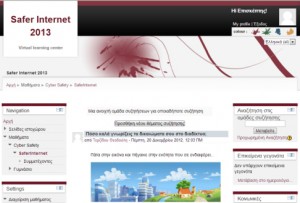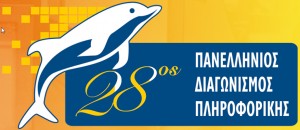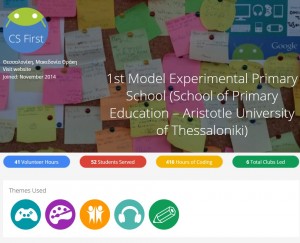The world is changing and schools need to change with it. Here are ten things that we think will be obsolete by 2020.
1. The portable CD player
Language teachers rejoice. You will no longer have to remember to get a CD player out of the store room before doing listening exercises with students. All listening texts, as well as videos, will be stored on and played through the learning platform.
2. Notes to teachers dropped in the satchel
By 2020, many of this year’s graduate will be parents with kids in school. Can you see them passing a handwritten note to their teacher via the children’s satchel? The learning platform’s parent dashboards will ensure parents are up to date with what’s happening at school.
3. IT departments (as we know them today)
The rise of cloud computing – as pushed by Google and Microsoft – will change the way both companies and educational institutions organise IT resources. Specialised companies will securely host data and software; teachers and students will access it through a portable internet device; and ICT’s role will be to select and coordinate vendors.
4. HTML illiteracy
Computer skills like HTML are no longer the preserve of computer geeks and engineers. Designers, journalists, retailers and small business owners all need websites. Everyone will need a basic understanding of how to create one – and they’ll get that in school.
5. Standardized teaching
The theory of multiple intelligences by Howard Gardner theory has its detractors, but most people agree that people learn in different ways. The difficulty has always been finding the time and resources to differentiate activities and lessons. Technology is increasingly giving us this opportunity. As learning platforms integrate deeper into education – both inside and outside the classroom – students will have more options for how they complete assignments.
6. Paper (and text books)
We all use paper and many of us love it, so it won’t have disappeared completely by 2020. But it will no longer be regarded as the no.1 work tool. All of a school’s core information – from teaching materials and student work to communication and reports – will be created, stored, shared and updated on the school’s online learning platform.
7. Homework
Blended learning is on the rise, with more and more schools looking for ways for students to mix and match their style of education. As a result, homework as we see it today will disappear. Instead, students will have assignments and deadlines, and they’ll do some work at home and some at school.
8. Fear of Facebook
Learning platforms give schools the opportunity to teach students how to use social media tools –such as blogs, networking sites and discussions – in a safe, school controlled-environment. As a result, teachers will be able to educate students about the benefits and potential pitfalls of using sites like Facebook, Flickr and Twitter.
9. The fear of failure
Sir Ken Robinson argued at TED that the traditional school view of correct and incorrect is killing creativity. The rise of new assessment techniques, such as individual learning plans and formative assessment, will help ensure teachers focus on the learning process and student progress rather than correct or incorrect answers.
10. Seating rows
Check out visionmapper.org.uk to see some alternatives to traditional school buildings and classrooms.
Πηγή: http://goo.gl/L8MNw


















